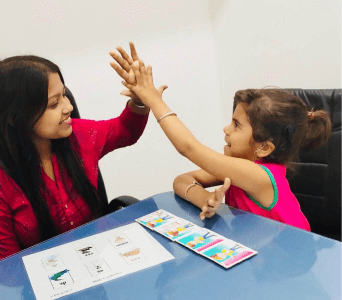Hearing Aids, Speech Therapy, Cochlear Implant
Life is better
in full volume.
V-Listen Speech and Hearing Clinic is well equipped with Doctors, RCI registered professionals and state of the art technology in field of Audiology and Speech Therapy





